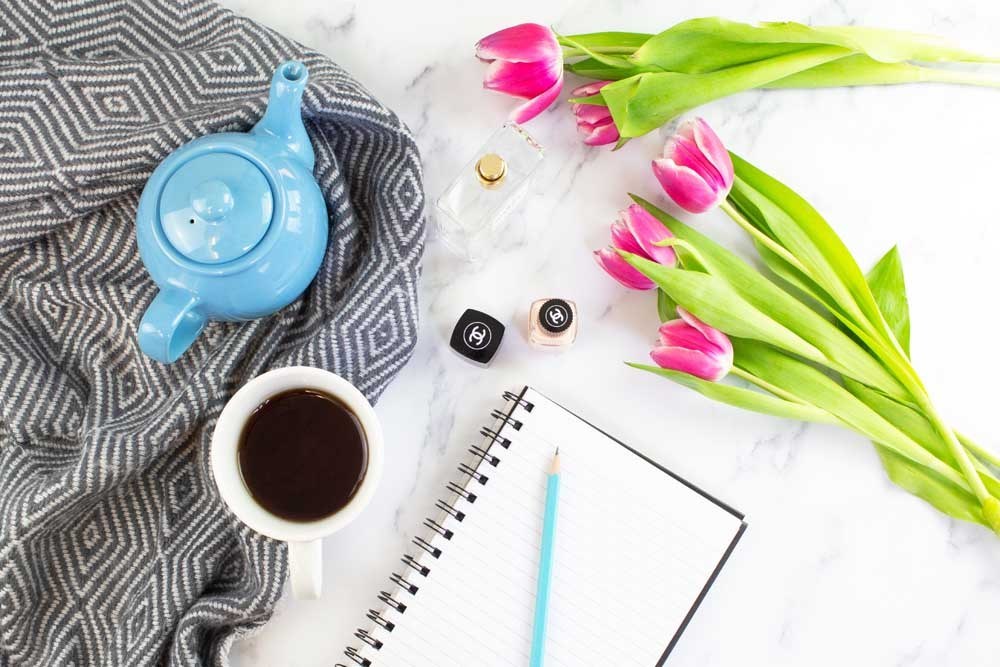Learn about brain health and nootropics to boost brain function
Best Teas to Boost Brain Function and Creativity


Drinking a hot mug of tea not only helps us feel good, but it also has a role to play in improving brain function and boosting creativity. It is thought that the caffeine and L-theanine content in tea have the effect of decreasing mental fatigue and boosting concentration; giving rise to greater ideas.
So whether you are an artist, musician, writer, actor, or are in any other creative profession – drinking any of the teas listed below could help stoke the creative fires and reinvigorate your practice.
Rhodiola
As well as fighting fatigue, decreasing stress, and improving exercise performance, studies show that drinking rhodiola tea can improve brain function. One study found that rhodiola decreased mental fatigue and improved performance on work-related tasks by 20% compared with the placebo.
Rhodiola has been shown to help increase mental performance even at times when the body might already be compromised by tiredness, stress, or intensive exercise. Also, if you enjoy the smell of roses or Turkish delights then this is the tea for you! It has a lovely dark pink hue and it smells and tastes like rose.
Green Tea
Whether you are suffering from writer’s block, looking for inspiration for your next drawing, or you’re a student writing an essay, a cup of green tea will do the trick in helping you get the creative juices flowing. The high levels of catechins and polyphenols found in green tea help stimulate the brain and improve focus and cognitive function.
However, the health benefits of green tea go way beyond boosting brain function and creativity. The wealth of antioxidants found in green tea could have beneficial effects on the brain by helping prevent stress-related aging and reducing the risk of cognitive impairment in older age. In addition, the high concentration of polyphenols could help reduce inflammation and lower the risk of cancer. Other positive effects of green tea include weight loss and increased energy.
Ginger Tea
Ginger has medicinal properties that have been harnessed for thousands of years by Asian cultures across the world. Recent studies show that ginger may help improve brain function, fight Alzheimer’s by reducing the chances of cognitive impairment in later life, and it may also help by increasing reaction time and working memory. You can drink ginger tea on its own, or you can blend it with other teas such as green tea or turmeric to maximize its benefits.
Turmeric Tea
Besides the well-known physical health benefits of turmeric such as decreasing inflammation, increasing antioxidant capacity, and boosting your immune system, the curcumin found in turmeric has also been linked to improved brain function, lowering the risk of brain diseases.
The curcumin stimulates the brain to produce more of a hormone called BDNF (Brain Derived Neurotropic Factor) which tells the brain to activate higher-level cognitive functioning. Combining ginger tea with turmeric tea is advised as this will help with the absorption of turmeric’s health benefits, greatly maximizing its’s bioavailability.
Ginko Biloba
Ginko biloba can be enjoyed as an herbal tea or taken as a supplement. The cognitive and memory benefits of this powerful herb are well known, to the extent that it is sometimes recommended to Alzheimer’s patients to help improve their memory and slow cognitive decline. Ginko biloba tea has an earthy color to it and a fresh, natural taste.
Photo “Spring Flat Lay” is copyright under Creative Commons 2.0 Generic License to the photographer Emma Matthews and is being posted unaltered (source)
Click here to view full article